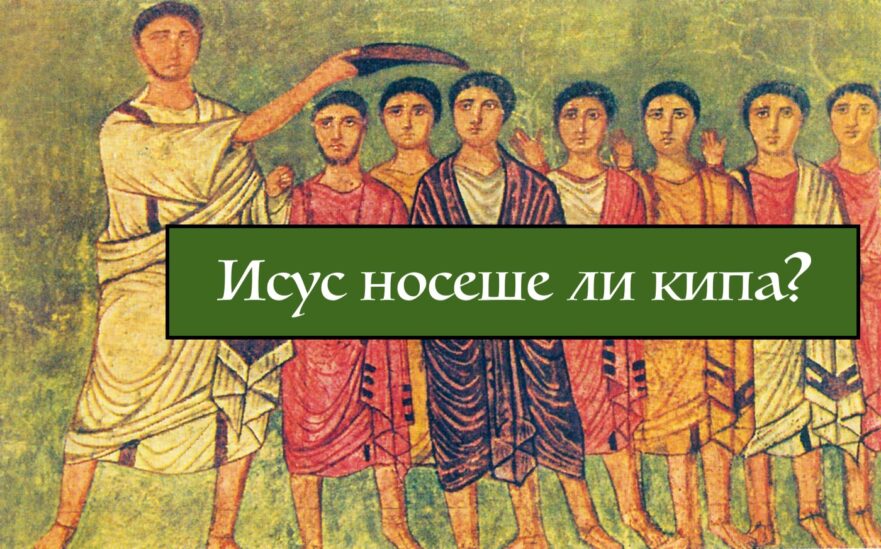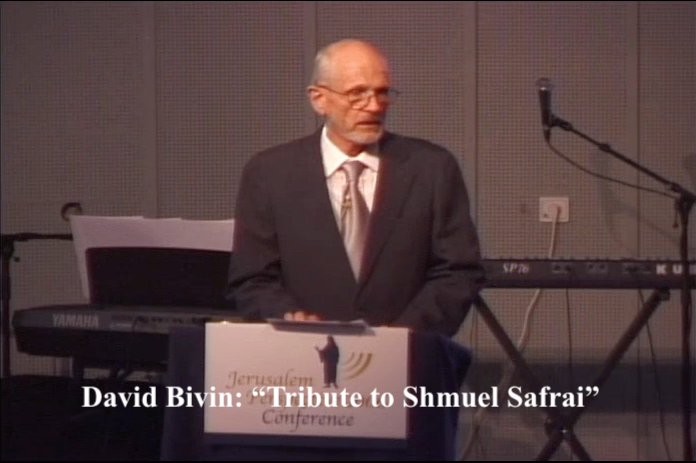Въпреки че свещениците са носели подобна на тюрбан шапка, другите евреи от периода на Втория храм не са покривали главата си.
Поклонението по времето на Исус
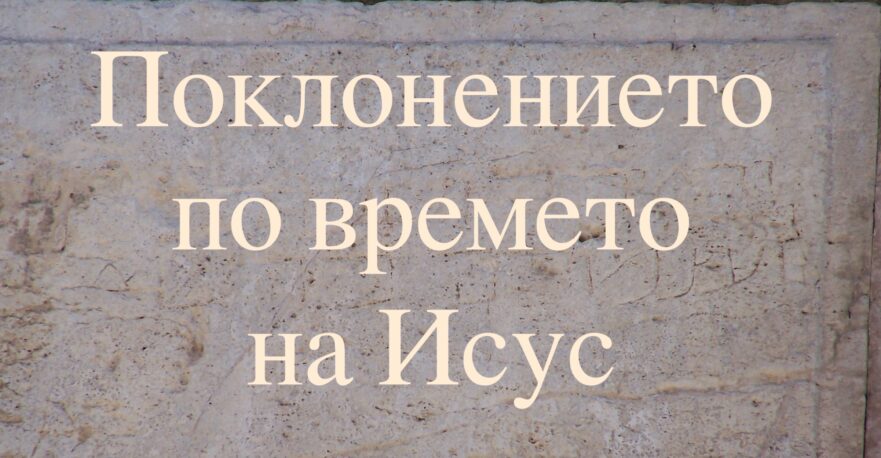
Според Лука Йосиф и Мария ходели на поклонение в Ерусалим на всяка Пасха. Изискването за поклонение в Храма в Ерусалим се споменава в пасажите от Писанието, които се отнасят до трите ежегодни празника: Празника на безквасните хлябове, Празника на седмиците и Празника на шатроразпъването.
Образованието на Исус
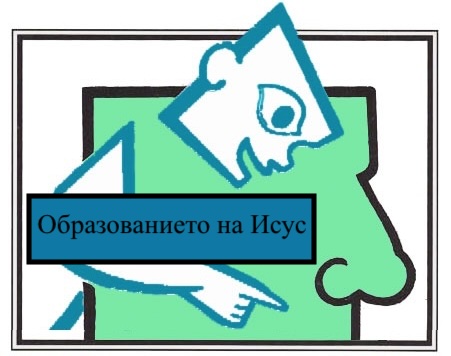
Човек може да си състави доста точна представа за това какво е правил Исус в детството и юношеството си.
Indispensable Resource Now Free
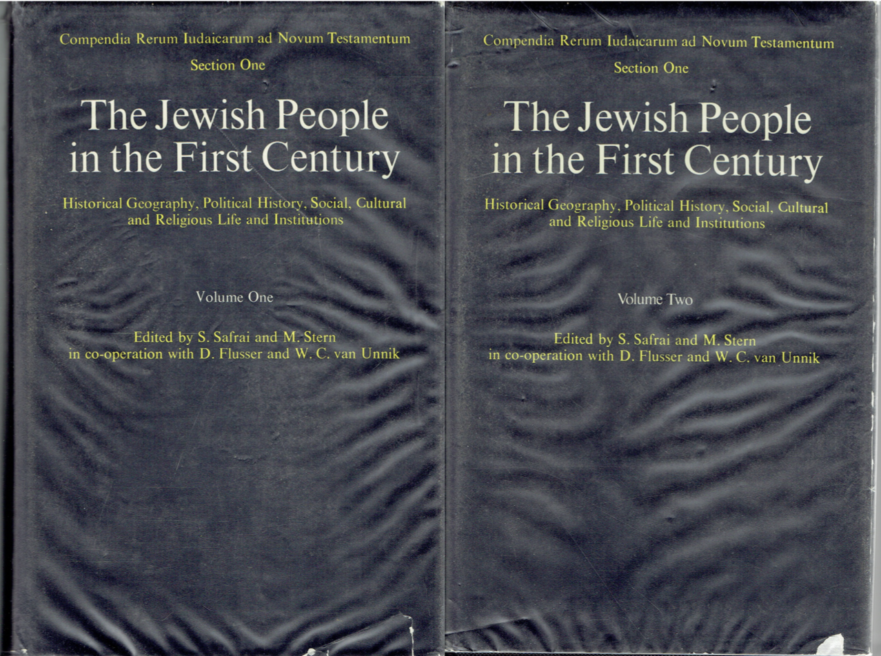
The Jewish People in the First Century is now available to all users of the internet who have registered with the Internet Archive for an e-library card.
Jesus the Galilean, a Stranger in Judea?
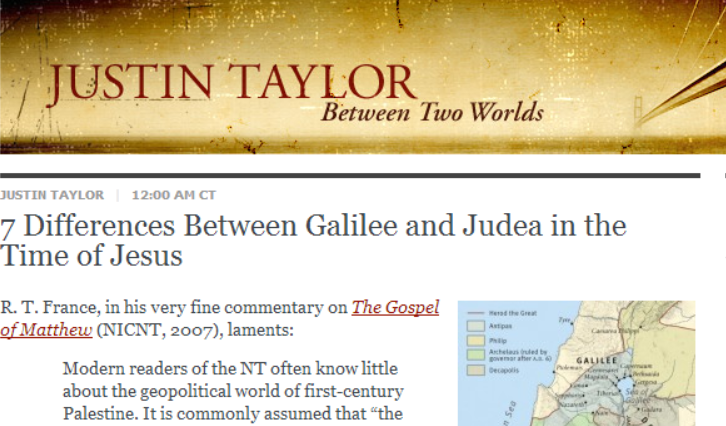
Follow Garcia as he challenges Taylor’s work and brings about the conclusion that “We should attribute any differences between Galileans and Judeans primarily to issues of opposing halakhic opinions.”
On “Blood” in the Apostolic Decree (Acts 15:19-20)
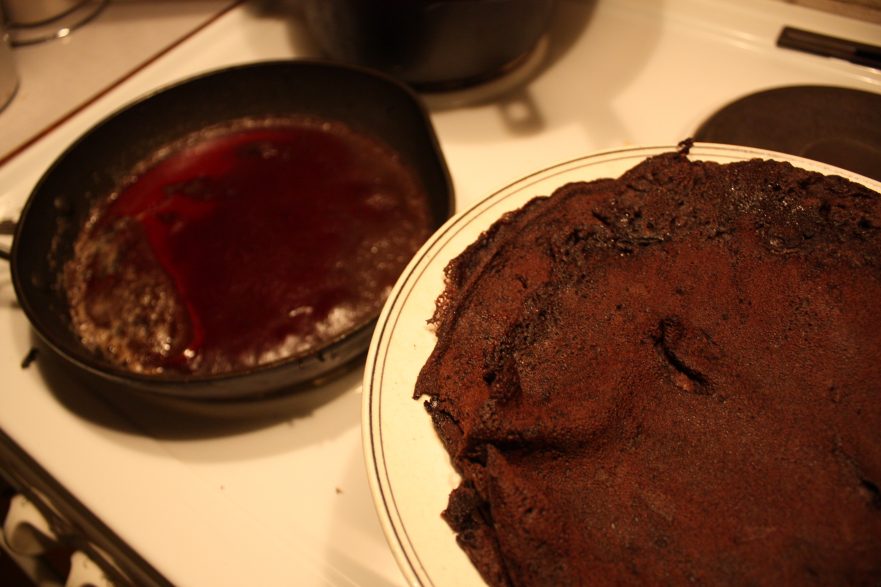
Flusser and Safrai’s premise is that “blood” in this passage does not refer to the consumption of blood but rather to murder. They conclude that the apostolic decision prohibiting eating meat sacrificed to idols, fornication, and blood is equal to the rabbinic decree that under penalty of death a Jew may violate any of the commandments of the Torah with the exception of idolatry, adultery and murder.
The Apostolic Decree and the Noahide Commandments
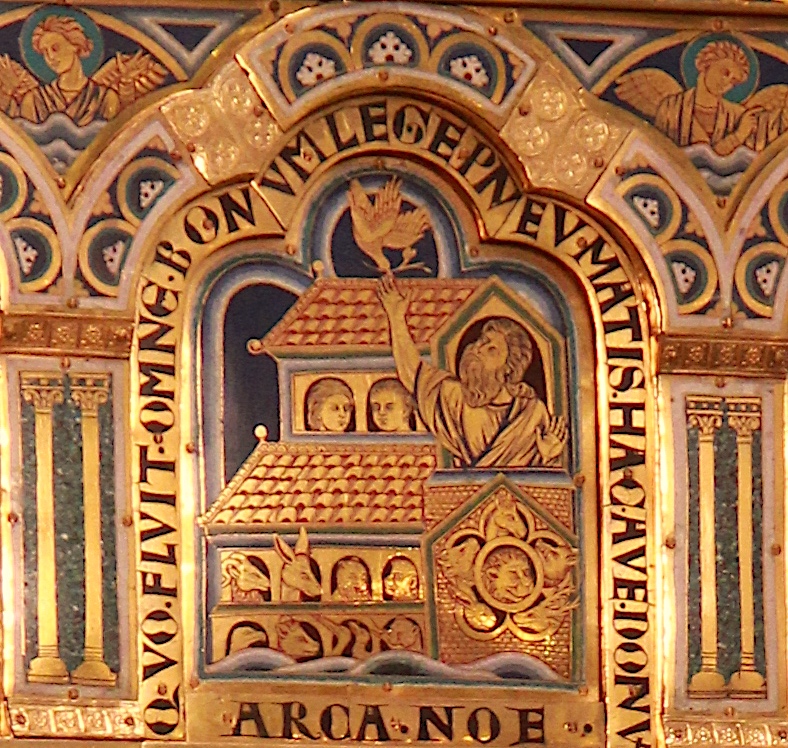
Jerusalem Perspective is pleased to make available to the English-speaking world this important article written originally in German by David Flusser and Shmuel Safrai: “Das Aposteldekret und die Noachitischen Gebote,” in Wer Tora mehrt, mehrt Leben: Festgabe fur Heinz Kremers (ed. E. Brocke and H.-J. Borkenings; Neukirchen-Vluyn, 1986), 173-192.
The Value of Rabbinic Literature as an Historical Source
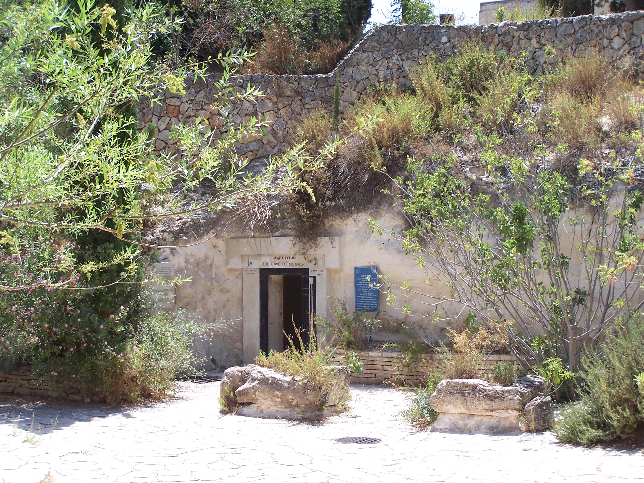
The thesis of this article is that rabbinic sources, when used in a careful manner, can provide reliable historical material pertaining to the Second Temple period. If this thesis is accepted, the consequences for the study of the New Testament Gospels are obvious.
Did women go through a mikveh (ritual immersion pool) after childbirth?

Scripture seems to say nothing about a woman washing herself either after childbirth or after her monthly period.
Matthew 24:20: Why did Jesus advise people to pray that their flight not be on the Sabbath?

If one had to flee on the Sabbath one would be forced to leave behind nearly all of one’s possessions.
A Personal Tribute to Professor Shmuel Safrai, Recipient of the Israel Prize
I would like to congratulate Professor Safrai on his award, and add a personal note: I have known Professor Safrai since 1965 when he was one of my instructors at the Hebrew University. I have spent literally hundreds of hours with him. Not only is Professor Safrai one of the greatest scholars that the Hebrew University has ever produced, he is also a mensch. Kind, well-mannered, and above all, patient, he has been a model of right living to his many students.
With All Due Respect…
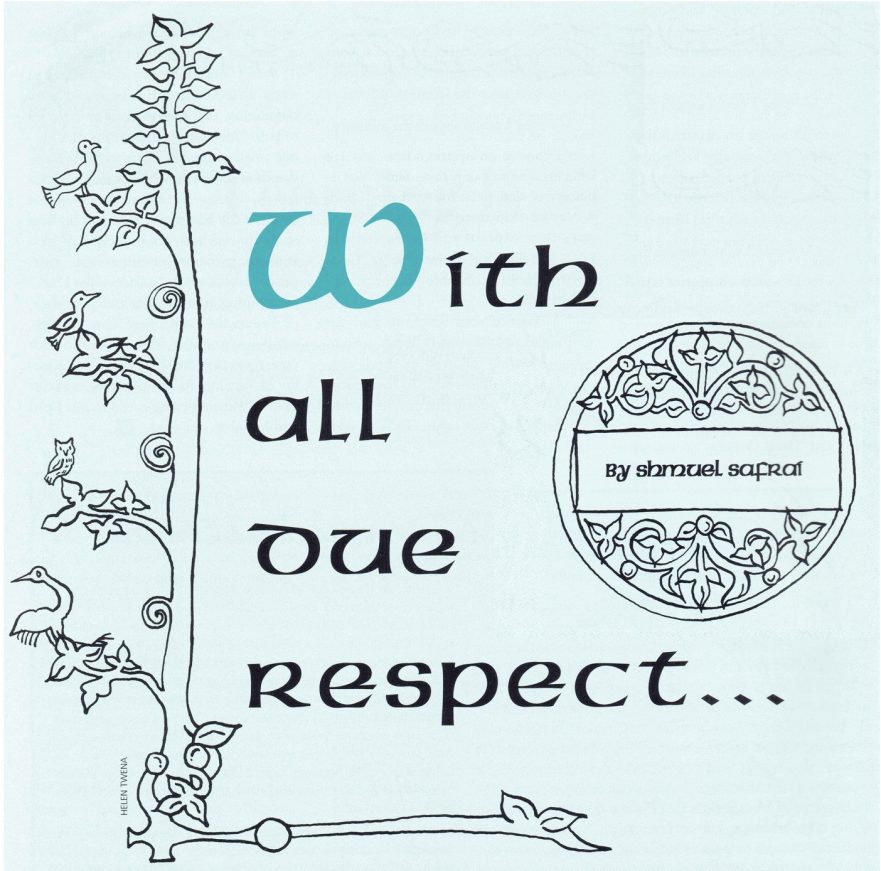
The relationship between a sage and his disciple may be characterized both as that of a father to his son, and of a master to his servant. In effect, a disciple indentured himself to his teacher. Traveling with and attending to him, a disciple remained with his teacher twenty-four hours a day, three hundred sixty-five days a year. The etiquette governing the teacher-disciple relationship is a fascinating subject. In this article, Shmuel Safrai explores one aspect of that relationship: To what extent could an advanced disciple differ from the opinions of his teacher?
The Synagogue the Centurion Built
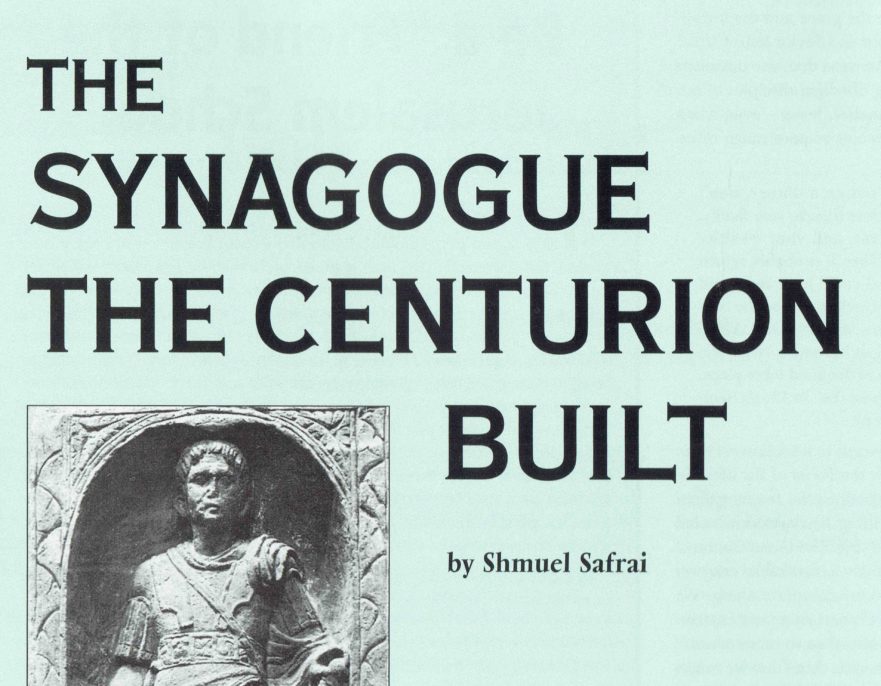
Would a Roman officer have had the means to finance the construction of a synagogue in the lakeshore town of Capernaum?
Insulting God’s High Priest

Recent research has shown that Sadducees, not Pharisees, were responsible for the death of Jesus. An incident recounted in the Book of Acts provides a glimpse of the Sadducean high priests’ corrupt behavior. Little wonder the Sadducees were despised by the common people.
Could Bethsaida Be West of the Jordan?

The Jordan River was not the border of the land of Israel in the time of Jesus.
Were Women Segregated in the Ancient Synagogue?
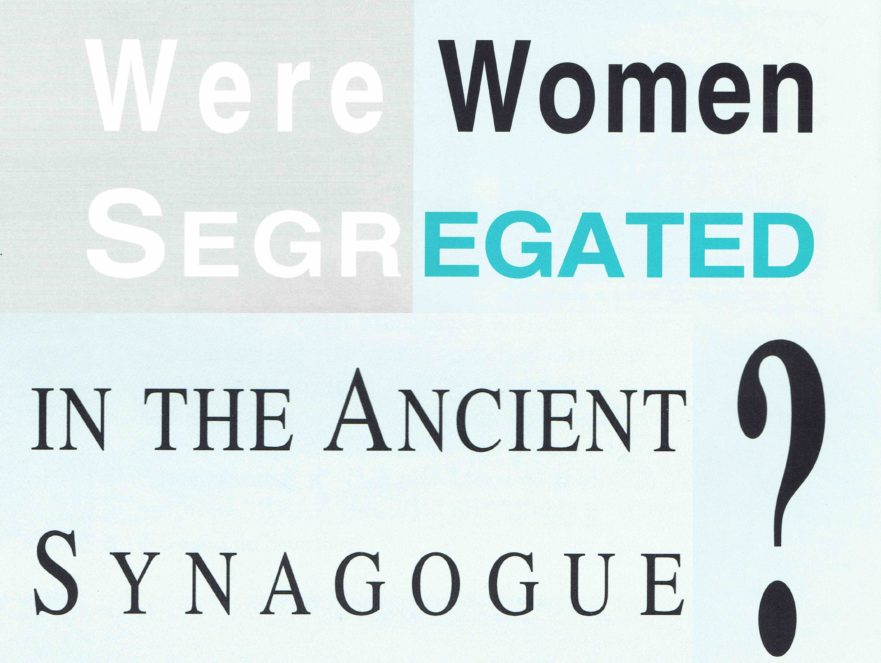
Did women play a passive role in the synagogue congregations of antiquity? Were they separated from male members of the congregation during prayer and study, as is the case today? According to Professor Shmuel Safrai, the answer to both questions is a resounding “No.”

